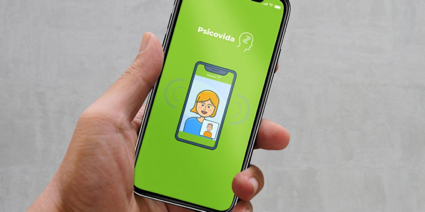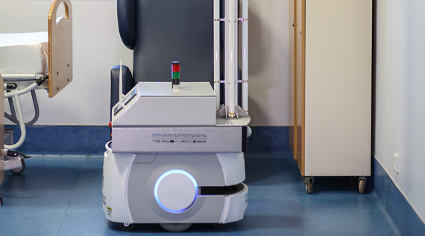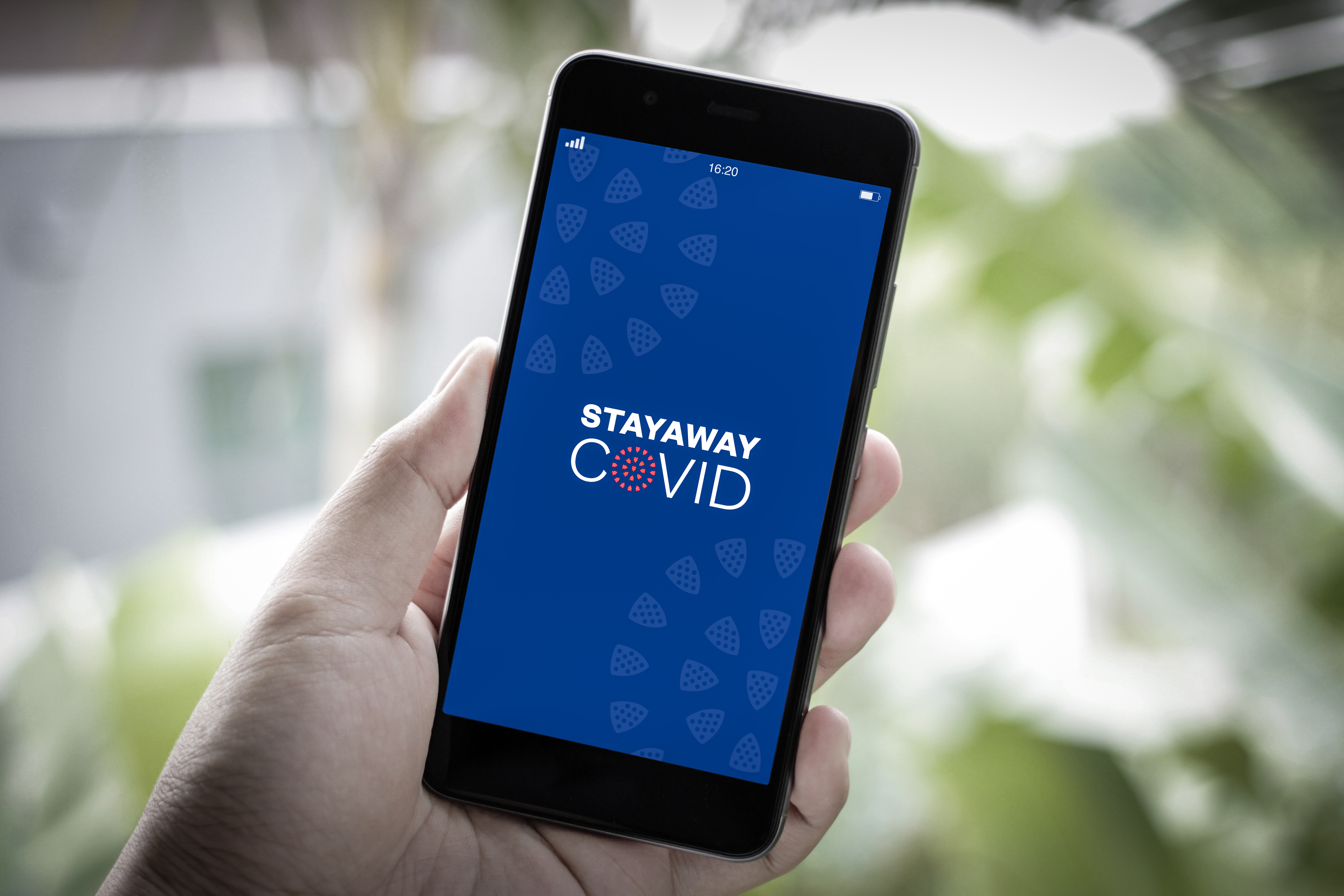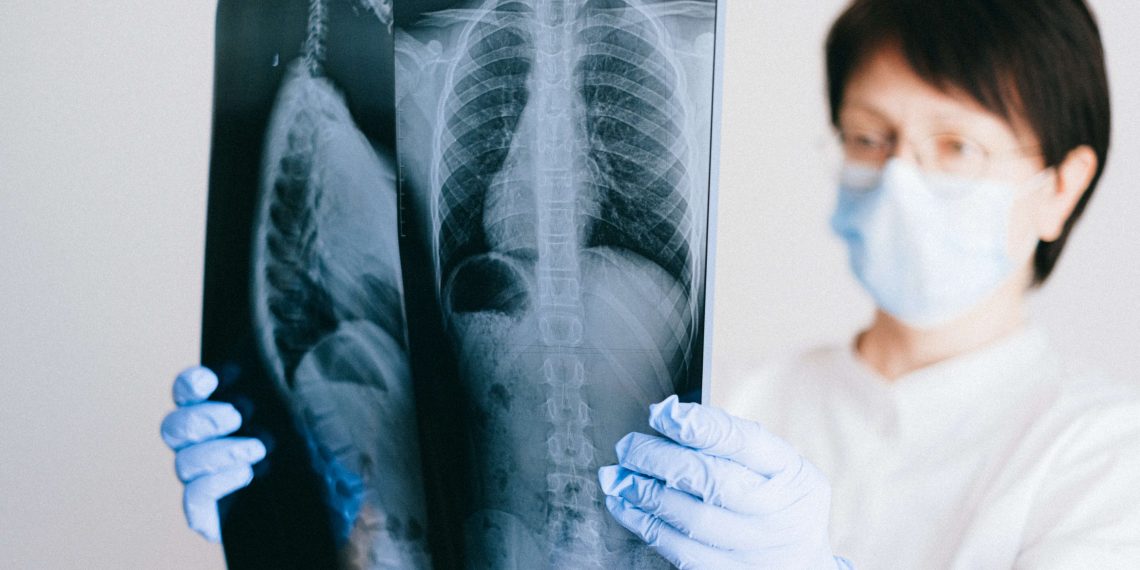An app that provides free psychological support during the pandemic

Psicovida‘s goal is to support the national community by ensuring equitable and free access to psychological crisis intervention in the current pandemic context. It is a mobile application that allows users to speak directly with qualified psychologists, through video calls, while providing several self-help strategies. The app is free and can be downloaded for Android and iOS.
The app is composed of specialised modules, according to the specific needs of users: stress and anxiety; loss and grief; the elderly and their families; pregnancy; career support; violence; dynamics management and family care. Communication through the platform is confidential and protects the users’ rights. This crisis intervention is brief and focused on immediate psychological stabilisation, but it does not replace a more thorough and regular psychological intervention, if that is the case.
The psychologists collaborating in each of the modules are hired through a register of civil society psychologists, and their participation is voluntary and supportive. However, empirically supported psychological intervention requires the specialised training of psychologists collaborating on the app. In this sense, the professionals have free access to a set of training resources provided by APsi-UMinho, in addition to a set of crisis intervention guidelines, developed according to the best practices.
Entities
INESC TEC
Outsystems
Associação de Psicologia da Universidade do Minho (APsi-UMinho)
Universidade do Minho
News
Observador | Free mobile application ensures psychological intervention to those in need
TVI 24 | Free mobile application ensures psychological intervention to those in need
SIC Notícias | Psicovida: the free app that provides psychological support to those in need
Público | Psicovida, the free app that provides psychological help to those in need
RTP | Covid-19: Free mobile application ensures psychological intervention to those who need it
Website
Contacts









